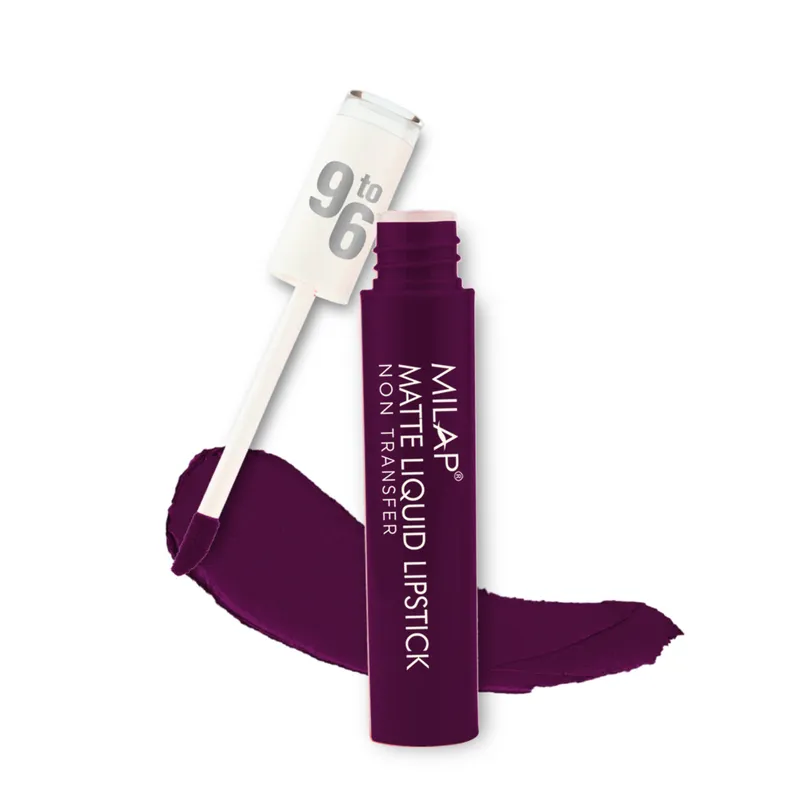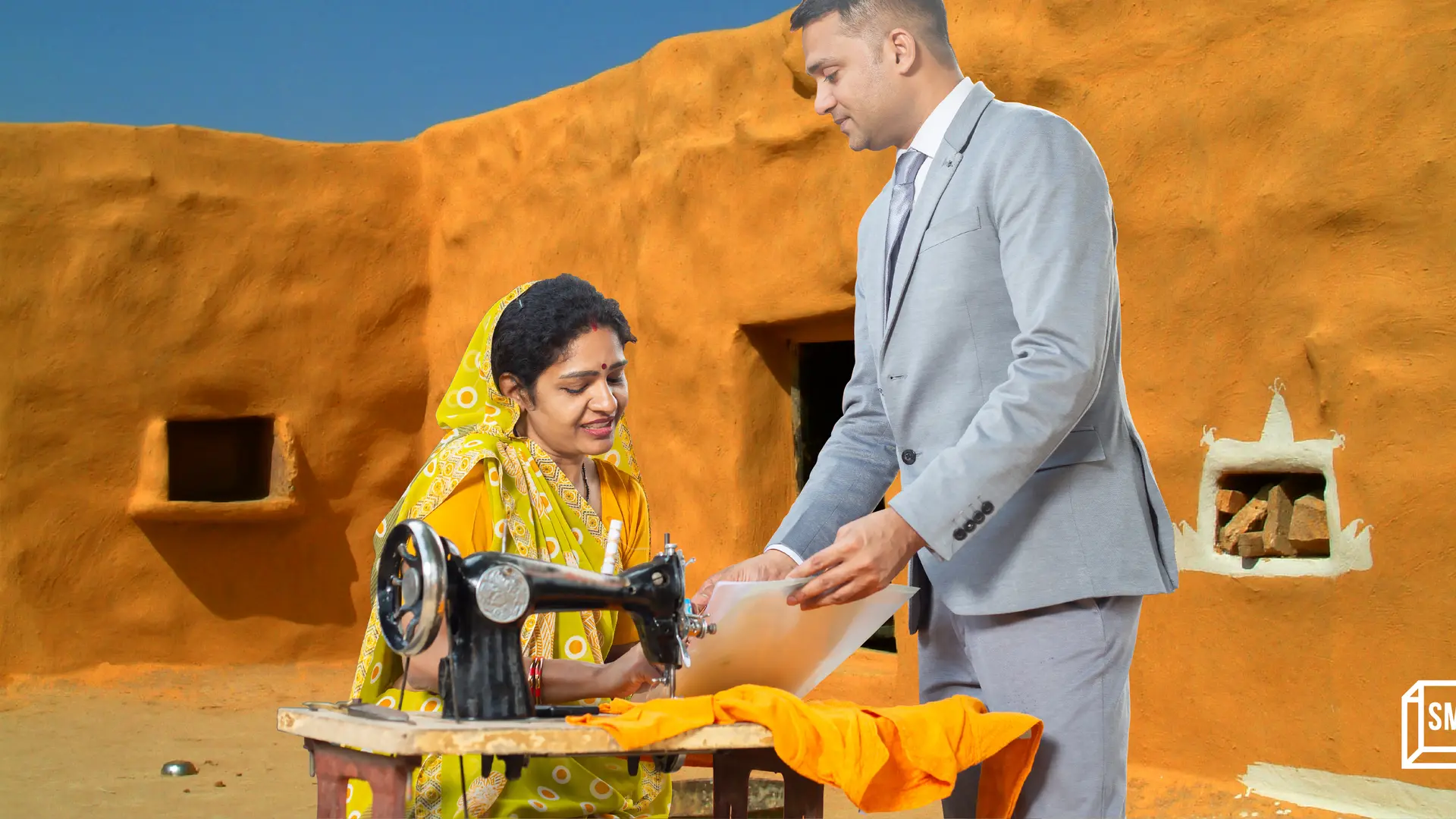A 37-year-old brand is creating a space for itself in India’s crowded cosmetics market
Milap, which began its journey with one product, now has 19 categories in its portfolio. The brand has reinvented itself to keep up with the times.
On one of their visits to Kolkata in the 1980s, Ravi and Vinod Kumar Chadha saw sindoor (vermilion) being sold at a wholesale market. The brothers spotted an opportunity in selling vermillion in stylish little containers—an idea that changed their fortunes for good.
The story of Delhi-based cosmetics company began when the brothers designed a box for vermillion with a small figurine of Ganesha on it. A runaway success in the 80s, this particular product still remains one of Milap’s bestsellers.
“We still use the containers that were designed by my father and my uncle,” Sachin Chadha, Managing Director, Milap Cosmetics, tells SMBStory.

Milap's Ganesha idol vermillion
Until Keshav and Sachin Chadha, sons of Ravi Kumar Chadha, joined the family business in the early 2010s, Milap remained a wholesale brand.
Since its humble beginnings as a microbusiness for vermillion, Milap has expanded to become a small and medium cosmetics brand with a portfolio that includes kajal, eyeliner, lipstick, mascara, and hair colours, among other products. Today, the company also sells plastic items in its portfolio, such as a hair colour brushes and razors.
The prices of the products differ depending on the platform. "In the offline market, products range in price from Rs 10 to Rs 200. We have to raise the price a little while selling online as acquisition cost of customers on ecommerce is high," Sachin says.
Milap, which is available in 20,000 retail stores across 19 states, focusses mainly on Tier II and III cities.
“We are not now aiming for Tier 1 since I don't believe I can compete with brands like Lakmé at this point. With our expanded product lineup, we will undoubtedly challenge them in the future,” says Sachin.
The Indian cosmetics market was valued at around $13.2 billion in FY 2020. Growing at a CAGR (compound annual growth rate) of 16.4%, it is expected to reach $29 billion by FY 2026, according to ResearchAndMarket.
Key players in India’s crowded cosmetics market include Lakmé, Lotus Herbals, L'Oréal India, Revlon, Colorbar, and Unilever.
Milap has eight manufacturing facilities in and around Delhi. Three units are in Bavana, three in Shahzadabad, one in Lawrence Road, and one in Karnal Road.
It has a robust business-to-business (B2B) network that includes the complete channel, from stockists to distributors, retailers, and sales representatives. A majority of the company's sales happen offline.
In FY 21, Milap reported 37.50% YoY growth in revenue. It grew by 40.91% and 60.84% in FY 22 and FY 23 respectively, according to the data provided by the company.
From a small provision store, this entrepreneur went on to build a Rs 185 Cr tea retail business
A challenging landscape
The most challenging aspect for Milap, Sachin says, has been finding the right team for the development of the retail network.
“There have been many hiccups. Our first state to establish the retail network was Rajasthan and we had to switch teams a lot. The sales went up and then went down. It is important to keep an eye on what the salespeople are doing,” he adds.
The COVID-19 lockdown presented additional difficulty because the business did not continue as usual, yet the company did not fire any employees or discontinue paying their salaries.
Following the lockdown, there was a spike in demand for vermillion and kajal, both of which are used in temples as offerings. This increase in demand pushed the company to ramp up hiring.
Currently, Milap has 400 employees working in manufacturing and marketing.
Marketing strategy and future roadmap
Milap’s products are marketed via distributors and retailers, which the company has found to be a very successful tactic to reach its consumer base in smaller cities.

Milap liquid lipstick
To establish a presence in the online market, the company also has a dedicated internal social media team, and the brand is active on Facebook, Instagram, and YouTube.
“We hired a sales team post-pandemic. The brand got a really good push in the market and its availability and visibility improved. I personally feel the place we are at right now was because of the step that was taken back then,” says Sachin.
The brand is looking to expand its presence in more states. “We are looking for a team that can help us expand in the North-Eastern region,” says Sachin. In the future, Milap also hopes to export its products.
Talking about categories, the company is expanding its lipstick range. It has recently launched smudge-proof kajals and is also looking to launch cake compact and eye shadow.
Edited by Affirunisa Kankudti







